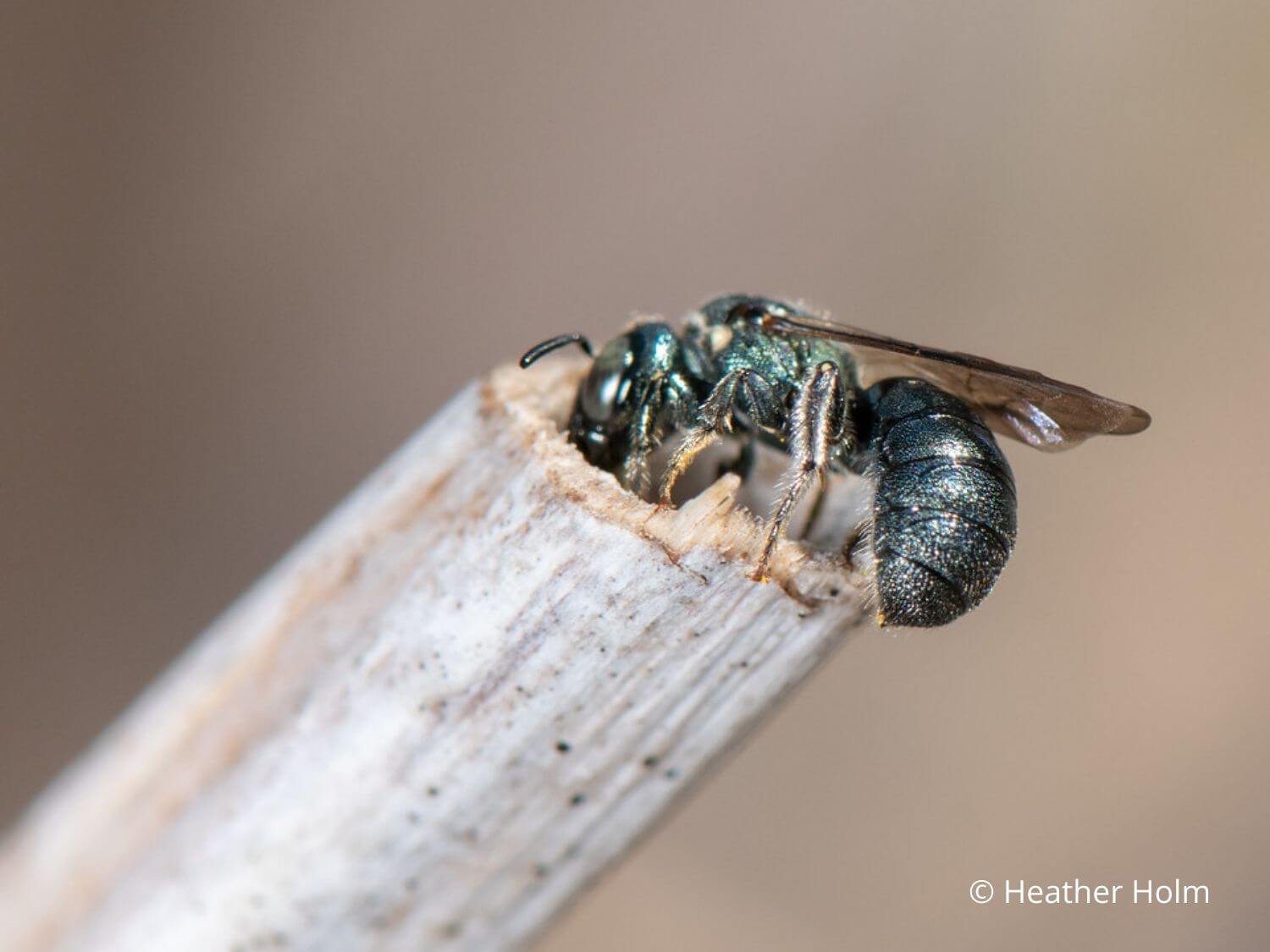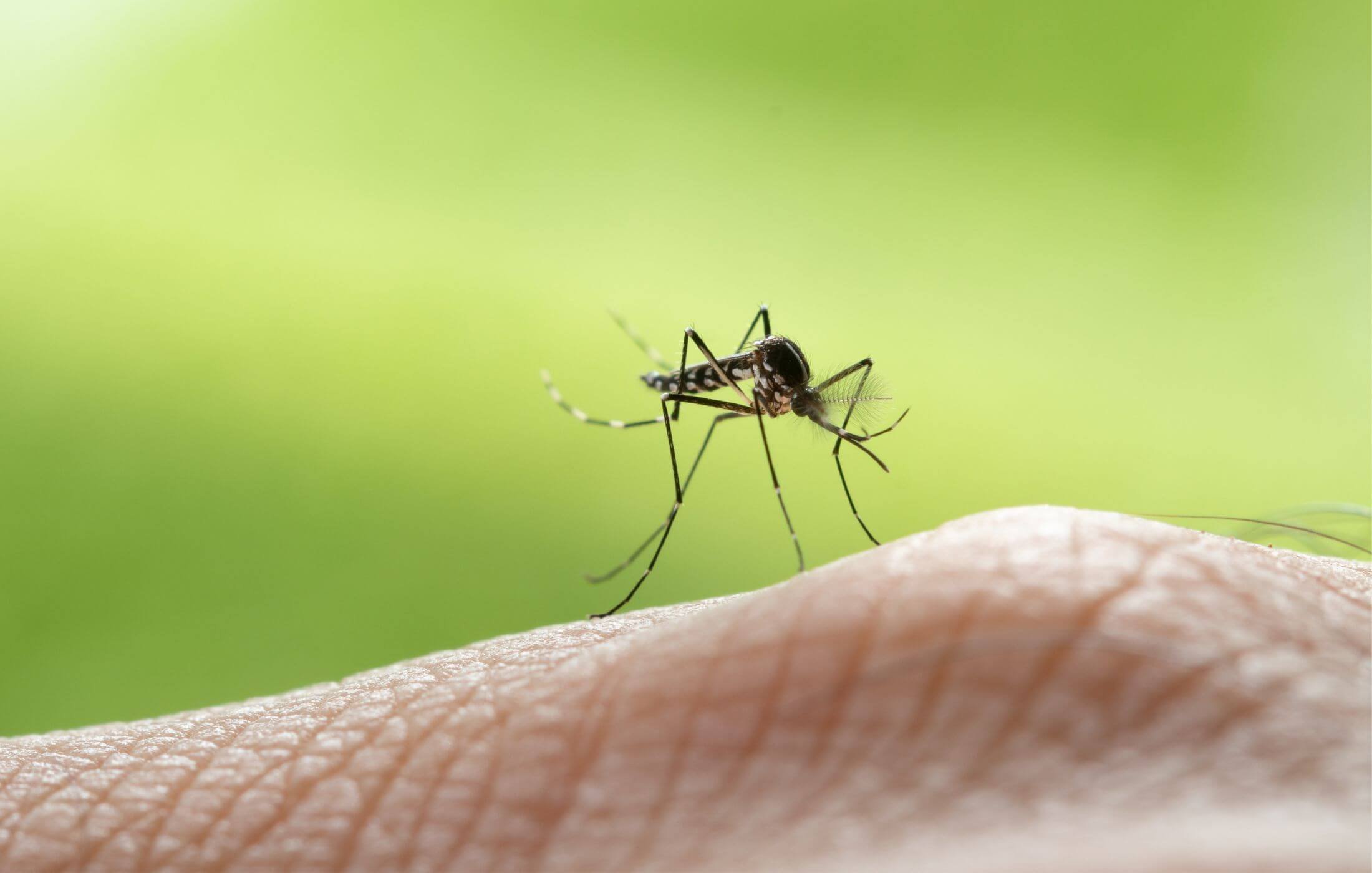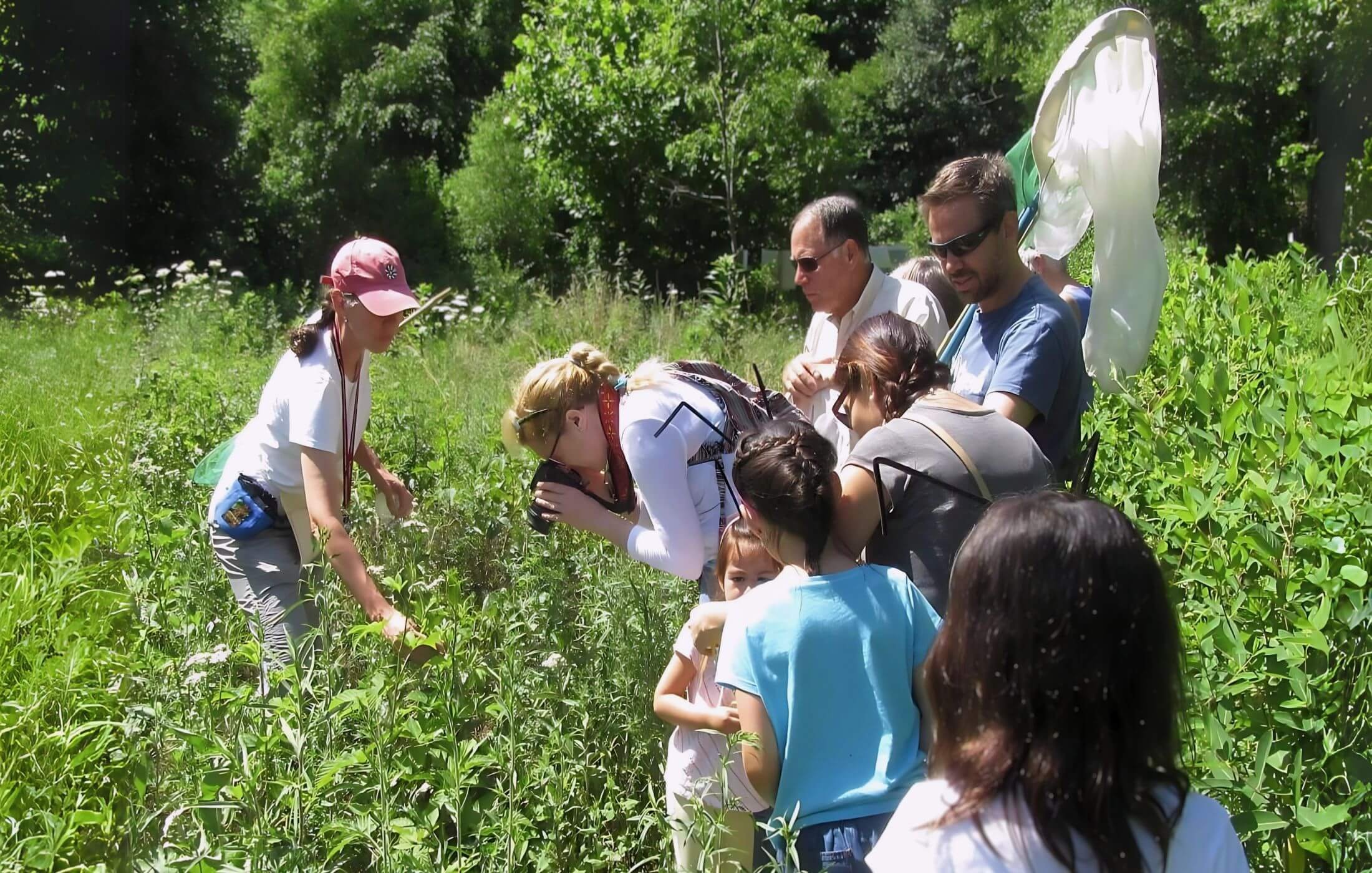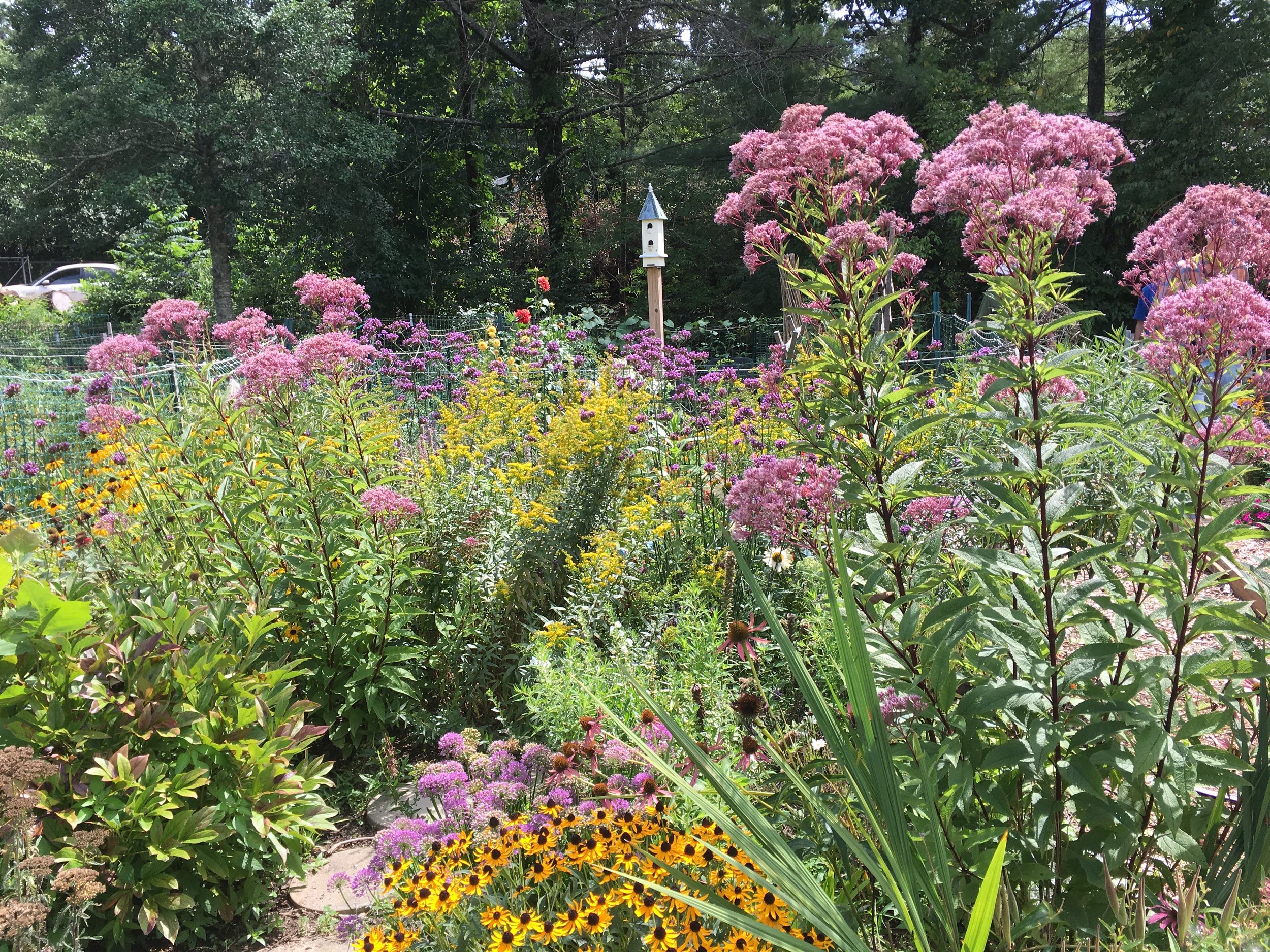
Certified Pollinator Advocate Program
Photo of Ceratina stem nesting bee by Heather Holm
Beginning in January 2024, the Asheville Botanical Garden and Bee City USA-Asheville began jointly offering a series of 12 monthly classes covering pollination ecology topics and leading to certification as a Pollinator Advocate. All C.P.A. classes are offered again in 2025.
Why advocate for pollinators? One good reason is that they feed us. Over millions of years, pollinators and plants co-evolved in complex and mutually beneficial ways. Insect pollination is necessary for 75% of all crops that are used directly for human food worldwide, and nearly 90% of wild flowering plants could not reproduce without the help of a pollinator.
Upcoming Events
Pollinator gardens sometimes get a bad rap for being “too messy” or “unattractive.” This class explores landscaping tricks that will satisfy even the strictest Homeowners Association guidelines while welcoming a wide variety of pollinators, and persuading neighbors to join in the fun.
Female mosquitos are human bloodsuckers and vectors for diseases! But insecticides and equipment that kill adult mosquitoes also kill beneficial insects. Learn ways to keep mosquito populations in check without harming pollinators.
This class provides an overview of the rich diversity of our planet’s 21,000 species of bees—the most important pollinators in the temperate world.
You don’t have to travel to other continents to find amazing creatures— they could be right in your backyard! They are just small. This class is to help you learn to observe and identify pollinators in your garden or wherever plants are blooming.
You don’t have to travel to other continents to find amazing creatures— they could be right in your backyard! They are just small. This class is to help you learn to observe and identify pollinators in your garden or wherever plants are blooming.
You don’t have to travel to other continents to find amazing creatures— they could be right in your backyard! They are just small. This class is to help you learn to observe and identify pollinators in your garden or wherever plants are blooming.
Did you know there are more than 177,500 different lepidoptera? This class explores the major butterfly and moth groups and their importance in our ecosystems.
This class provides pointers on defining what is truly a pest and when and how to manage it with the least harm to pollinators. SPOILER ALERT: Insects sometimes viewed as pests, like wasps, are among the best pest managers, and diversity is a gardener’s best friend!
This class will cover everything from milkweed seed collection and stratification to raising monarchs responsibly, reporting monarch sightings, and tagging monarchs.
Join the Asheville Botanical Garden’s garden manager, Sarah Coury, to learn about ethical seed collection practices, and seed cleaning, storage, and propagation tips.
We like the leaves for shade and fall color, but they seem to become our dreaded enemy once they fall to the ground. If you want pollinators in the spring, keeping those leaves in your yard is essential. And if you want leaves, you better plant some trees—but which ones? This class teaches the role tree leaves (and dead plant stems) play in the lives of pollinators year-round and how to have a tidy yard–with lots of fallen leaves!
Those crafty bees have evolved to nest in creative ways depending on their species. Guess where mining bees nest? How about carpenter bees? What about squash bees? This class gives an overview of the variety of bee nests and provides pointers for selecting the best cavity nesting bee houses, just in time for those early spring mason bees.
Past Events
Exotic invasive plants can quickly supplant the native plants our pollinators co-evolved with because they often arrive here without the predators that kept them in check back home. Learning the best techniques for removing the worst actors, without harming pollinators in the process, can be tricky, but not impossible.
Ever heard the expression, “There’s someone out there for everyone?” Co-evolution took care of that for plants and their pollinators over millions of years. That’s why flowers come in all shapes, sizes and colors and so do their pollinators!
Those crafty bees have evolved to nest in creative ways depending on their species. Guess where mining bees nest? How about carpenter bees? What about squash bees? This class gives an overview of the variety of bee nests and provides pointers for selecting the best cavity nesting bee houses, just in time for those early spring mason bees.
Join the Asheville Botanical Garden’s garden manager, Sarah Coury, to learn about ethical seed collection practices, and seed cleaning, storage, and propagation tips.
This class provides pointers on defining what is truly a pest and when and how to manage it with the least harm to pollinators. SPOILER ALERT: Insects sometimes viewed as pests, like wasps, are among the best pest managers, and diversity is a gardener’s best friend!
This class will cover everything from milkweed seed collection and stratification to raising monarchs responsibly, reporting monarch sightings, and tagging monarchs.
Did you know there are more than 177,500 different lepidoptera? This class explores the major butterfly and moth groups and their importance in our ecosystems.
You don’t have to travel to other continents to find amazing creatures— they could be right in your backyard! They are just small. This class is to help you learn to observe and identify pollinators in your garden or wherever plants are blooming.
You don’t have to travel to other continents to find amazing creatures— they could be right in your backyard! They are just small. This class is to help you learn to observe and identify pollinators in your garden or wherever plants are blooming.
Female mosquitos are human bloodsuckers and vectors for diseases! But insecticides and equipment that kill adult mosquitoes also kill beneficial insects. Learn ways to keep mosquito populations in check without harming pollinators.
This class provides an overview of the rich diversity of our planet’s 21,000 species of bees—the most important pollinators in the temperate world.
Pollinator gardens sometimes get a bad rap for being “too messy” or “unattractive.” This class explores landscaping tricks that will satisfy even the strictest Homeowners Association guidelines while welcoming a wide variety of pollinators, and persuading neighbors to join in the fun.
Exotic invasive plants can quickly supplant the native plants our pollinators co-evolved with because they often arrive here without the predators that kept them in check back home. Learning the best techniques for removing the worst actors, without harming pollinators in the process, can be tricky, but not impossible.
Ever heard the expression, “There’s someone out there for everyone?” Co-evolution took care of that for plants and their pollinators over millions of years. That’s why flowers come in all shapes, sizes and colors and so do their pollinators!
As the days grow shorter and darker, you can prepare for spring flowers. Now is the time for marking plants that emerge late, expanding flower beds the easy way, collecting native seeds, planting trees and shrubs, and building arbors for vines.
This class will cover everything from milkweed seed collection and stratification to raising monarchs responsibly, reporting monarch sightings, and tagging monarchs.
This class provides pointers on defining what is truly a pest and when and how to manage it with the least harm to pollinators. SPOLIER ALERT: Insects sometimes viewed as pests, like wasps, are among the best pest managers, and diversity is a gardener’s best friend!
Did you know there are more than 177,500 different lepidoptera? This class explores the major butterfly and moth groups and their importance in our ecosystems.
Female mosquitos are human bloodsuckers and vectors for diseases! But insecticides and equipment that kill adult mosquitoes also kill beneficial insects. Learn ways to keep mosquito populations in check without harming pollinators.














